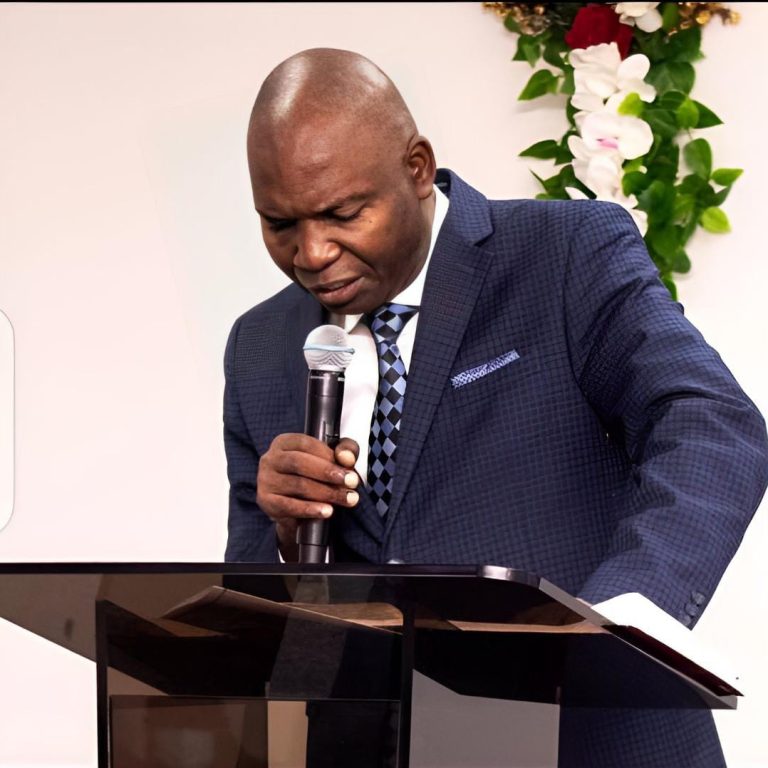From Queer to Christ: A Journey of Faith, Identity, and Redemption

In the intricate fabric of human experience, few narratives are as profoundly personal, as deeply fraught with tension, and as laden with spiritual gravity as the journey from queer identity to Christ. It is a pilgrimage, often walked with trembling feet, through landscapes of inner turmoil, social alienation, and ultimately, redemption. In telling the story of such a transformation, one must approach it not merely with intellectual curiosity but with a reverence for the sacred complexity of the human soul, woven together by threads of identity, belief, and grace.
For many individuals within the LGBTQ+ community, their journey is one of embracing authenticity—a courageous endeavour to live in truth despite a world that, all too often, rejects them for it. To be queer, in its most fundamental sense, is to be ‘other.’ It is to acknowledge one’s divergence from societal norms regarding gender and sexuality, often as a form of resistance against conformity. But what happens when the call to faith—specifically, Christian faith—creates an internal dissonance between this authentic self and a belief system that historically condemns such divergence?
This is where the narrative deepens. To go from queer to Christ is not merely to walk away from one identity and towards another; it is to wrestle with the weight of both identities, seeking reconciliation in a world where such harmony is often elusive.
The Struggle of Dual Identities
At the heart of this journey lies an age-old question of identity: Who am I, and who does God say I am? For the individual who has lived openly within the LGBTQ+ community, embracing Christ can feel like a betrayal of self—a turning away from the very essence of who they are. Christianity, particularly in its more conservative forms, has long been perceived as hostile to queer identities, preaching the sinfulness of homosexuality, gender fluidity, and the rejection of ‘natural’ roles prescribed by scripture.
However, many on this journey find that their attraction to Christ is not a denial of self but a yearning for deeper meaning, purpose, and love. To come to faith is to answer a call that transcends earthly categories. Yet, it would be disingenuous to deny the spiritual warfare that often ensues—a war between flesh and spirit, identity and doctrine, acceptance and condemnation. The Christian convert from the LGBTQ+ community often finds themselves torn between communities, wrestling with scripture while seeking a place at the table of grace.
The Role of the Church
The role of the Church in this journey cannot be overstated. For many, it has been both a place of solace and suffering. Historically, the Church has been complicit in driving wedges between queer individuals and their faith, too often offering judgment rather than love. The scars of conversion therapy, excommunication, and rejection linger in the collective memory of many LGBTQ+ Christians. Yet, in some corners of the Church, there has been a softening of hearts—a growing recognition that to follow Christ is to love unconditionally, and to create space for those who have long felt excluded from His grace.
Some find refuge in more progressive Christian movements, where affirming theology allows for the integration of both queer identity and Christian faith. Here, Christ is seen not as the condemner of the marginalised but as their liberator—a compassionate saviour who walked alongside the outcast, the sinner, and the misunderstood.
In contrast, others may feel drawn to more traditional expressions of Christianity, where they experience a conviction to abandon their previous lifestyle in favour of a life that, in their view, aligns more closely with biblical teachings. For these individuals, the journey from queer to Christ is a form of renunciation, a surrender of the self to a higher calling, and an embrace of what they believe to be divine truth. Such a decision is not made lightly and often comes with profound emotional and psychological cost.
Redemption and Rebirth
But what lies at the end of this journey? For those who navigate the perilous path from queer identity to Christ, there is the possibility of redemption—though not always in the way one might expect. Redemption, in this context, does not necessarily mean a wholesale abandonment of one’s past. Rather, it can be seen as a form of rebirth, where identity is reimagined in light of faith. For some, this means embracing celibacy or a life of chastity, finding fulfilment in spiritual devotion rather than romantic relationships. For others, it means living openly as a queer Christian, challenging the boundaries of what it means to belong to both the LGBTQ+ community and the Church.
The journey from queer to Christ is, ultimately, a story of transformation. It is a journey that requires immense courage, humility, and faith. For many, it is not a singular moment of conversion but a lifelong process of reconciliation between the self and the divine. It is a pilgrimage of the heart, wherein one moves beyond the binaries of identity and faith to discover the radical love of Christ—a love that, for all its mystery, offers hope to even the most unlikely of disciples.













